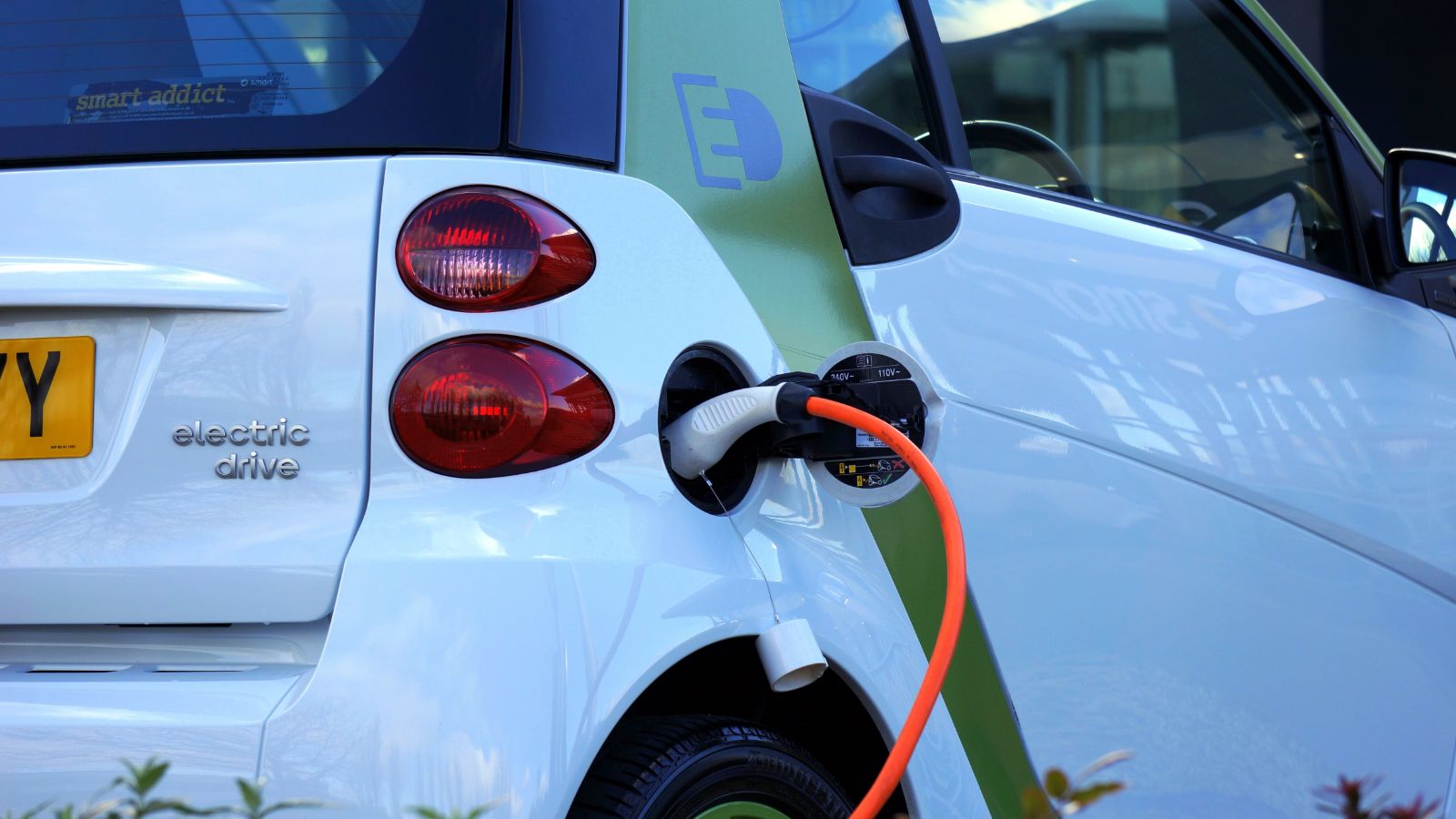Talk to a specialist

Darren Wingfield
Commercial Manager
Leave your details below and we’ll give you a call to chat about how we can help your business move forward.

Darren Wingfield
Commercial Manager
Leave your details below and we’ll give you a call to chat about how we can help your business move forward.


Hybrid vehicles have been a cost-effective company car solution since first being introduced to the market over 20 years ago.
While the UK Government recently committed to 100% of cars and vans in the UK being zero emission by 2030, hybrids combine the efficiency of an electric motor with the flexibility of a combustion engine to transition motorists away from unsustainable alternatives.
As a result, while there are slightly fewer tax incentives available to hybrid drivers nowadays, owners can still benefit from greater tax relief than on petrol and diesel motors.
Understanding hybrid company car tax
If a car has more than 0g/km CO2 emissions, it does not qualify for capital annual investment allowance (AIA).
However, businesses with vehicles emitting 50g/km CO2 or less can include this expenditure in their main pool and receive written down allowance (WDA).
This WDA enables you to deduct a percentage of a claimed item’s value from your profits each year. In this instance, it would be 18% of the hybrid’s purchase cost deducted from pretax profits.
The taxable value of a hybrid is calculated by a fixed percentage of the car’s list price (P11d), with new tax bands revised in April 20202 rewarding lower CO2 emissions with lower tax rates.
This has resulted in the taxable value of most plug-in hybrids typically being 8% or 12% of the list price. This is in contrast to the taxable value of petrol, diesel and even self-charging hybrid alternatives, which typically exceeds 25% - a significant difference.
We recommend contacting your employer or dealership so you can find out your car’s zero-emission mileage figure and accurately calculate your taxable value.
Leasing a hybrid car is an allowable company expense that can be listed on your profit and loss (P&L) statement. Likewise, if acquired via hire purchase (HP), the interest element is also considered an allowable expense.
However, keep in mind that you wouldn’t be entitled to any capital allowances as the asset isn’t owned.
Hybrid company cars and private use
Whatever the method of purchase, if a hybrid company car is utilised for private use, it will be considered a benefit-in-kind (BIK).
A benefit-in-kind is any non-cash benefit of value provided to an employee. Because the benefit has monetary value, it’s treated as taxable income.
This is calculated as a fixed percentage of the taxable value based on the income tax rate of the beneficiary. This will vary depending on where in the UK you’re based - England, Wales and Northern Ireland have 3 income tax bands, while Scotland has 5.
A UK driver paying the lowest rate of income tax (20%) would be liable to pay 20% of a hybrid’s taxable value each year if utilising the company car for private use. This is typically split into 12 equal monthly payments and deducted directly from monthly payslips.
Example
A hybrid car cost £40,000.
Taxable income on the car is calculated at 8% of the listing price: 8% of £40,000 = £3,200.
The employee being awarded the company car is based in the UK and sits in the 40% income tax bracket.
The employee plans to utilise the company car for private use and therefore must pay tax on the benefit-in-kind. BIK is calculated at 40% of the taxable income: 40% of £3,200 = £1,280.
The company would also need to pay class 1A National Insurance on this benefit, too = £482.
Total tax paid by employee: £1,280
Total tax paid by employer: £3,682
Time to make the switch?
UK registrations of hybrid vehicles rose by 18.3% in April 2022, with more than 750,000 plug-in hybrids currently on the roads.
As the popularity of electric and hybrid vehicles continues to soar in parallel with ambitious government-backed incentives, these numbers only look set to increase.
For the very lowest costs and benefit-in-kind tax bills, pure-electric vehicles are the best way to go. However, for those looking to transition away from petrol and diesel, hybrids offer a seamless and affordable alternative.